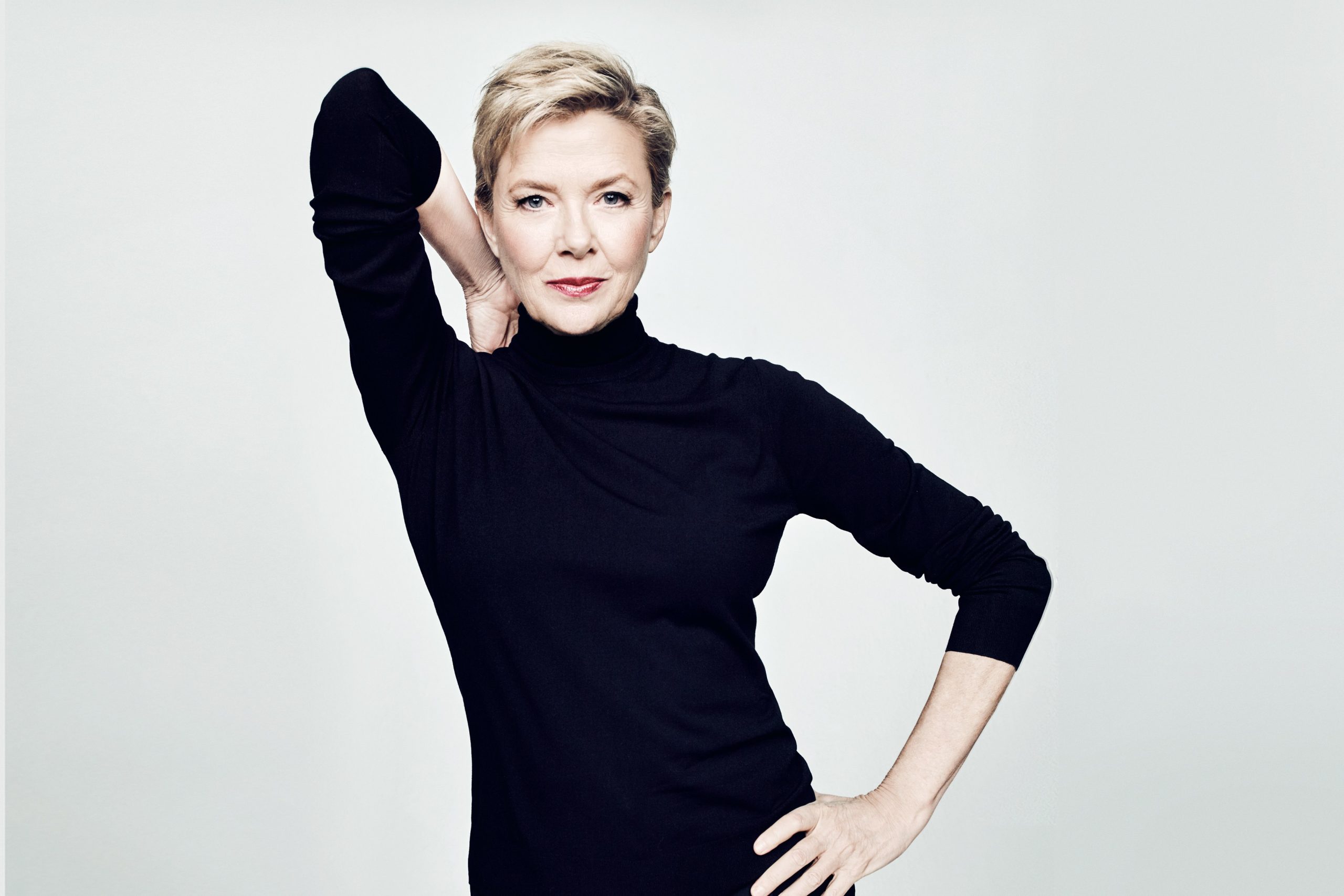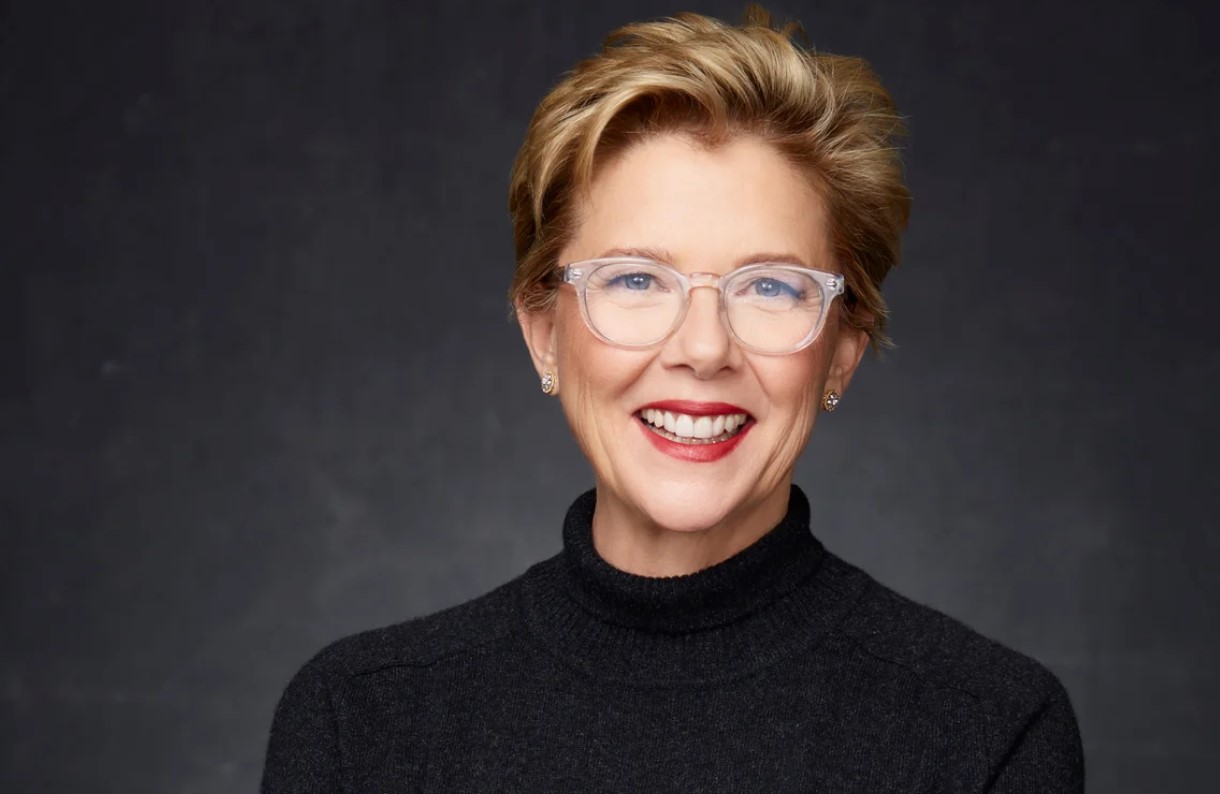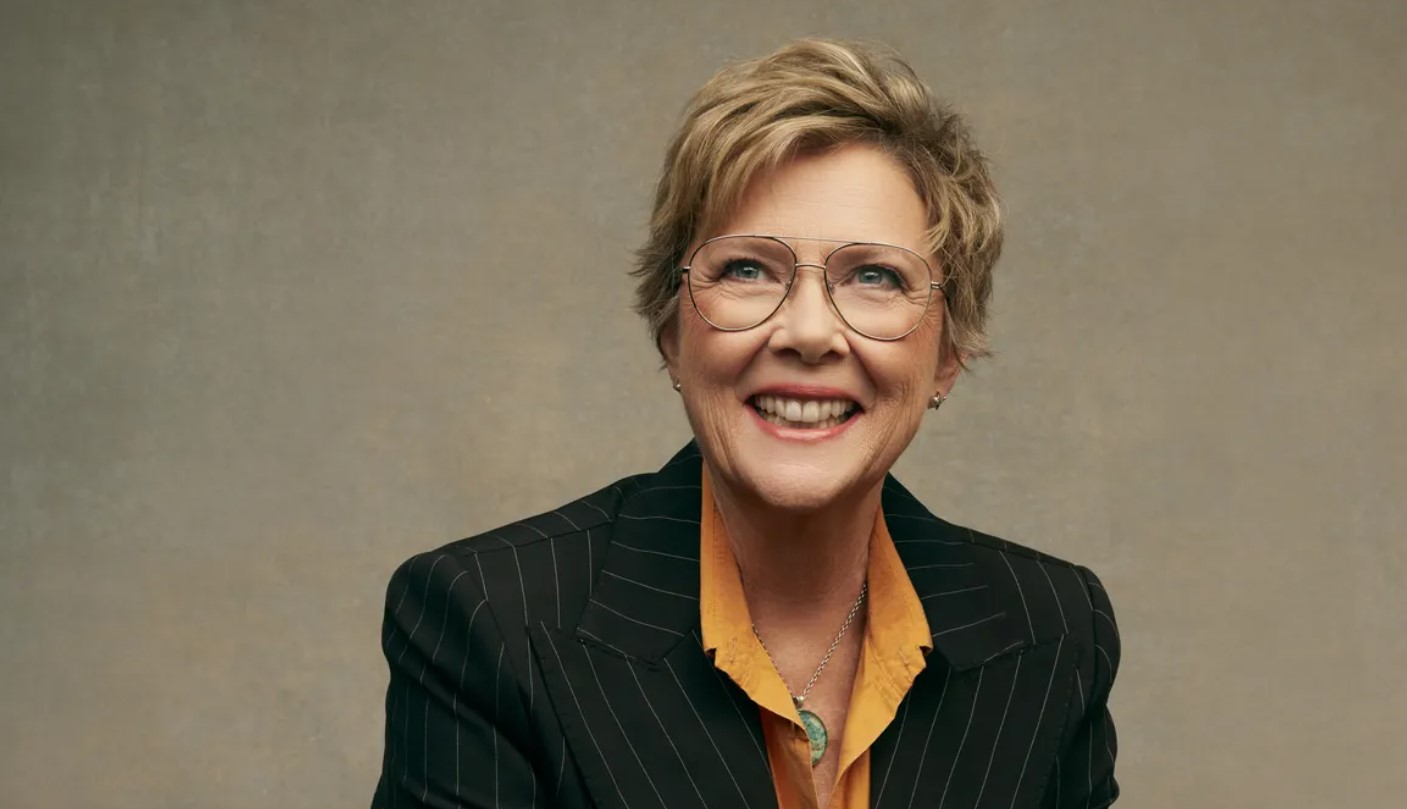Annette Bening has left an indelible mark on the film industry with her versatile performances and unique acting prowess. Born in Kansas in 1958, she began her career on stage, refining her craft with the Denver Center Theatre Company before transitioning to television and eventually film. Her breakthrough role in Stephen Frears’ 1990 film “The Grifters” earned her an Academy Award nomination, setting the pace for her future as a critically acclaimed actress. Since then, she has starred in a myriad of roles, displaying an exceptional ability to inhabit diverse characters with astonishing depth and authenticity.
Bening’s dynamic range is evident in the variety of her filmography. From the emotionally charged romantic drama “American Beauty”, for which she received another Oscar nomination, to the lighthearted romantic comedy “The American President”, her performances are consistently compelling and memorable. She has worked under the direction of esteemed filmmakers such as Mike Nichols, Sam Mendes, and Warren Beatty, further cementing her status as a respected figure in Hollywood.
In addition to her four Academy Award nominations, Bening’s contributions to cinema have been recognized with a BAFTA, two Golden Globe Awards, and a Screen Actors Guild Award. However, her legacy extends beyond her extensive list of accolades. Bening’s unwavering commitment to her craft and her dedication to bringing complex, layered female characters to the screen has been an inspiration for many emerging actresses.
One cannot explore Bening’s career without mentioning her acclaimed theatre performances. She returned to the stage in 2009 after nearly 20 years, delivering a heart-rending performance in the Broadway production of “The Female of the Species”. Her performance in the 2014 Shakespearean play “King Lear” also garnered rave reviews, showcasing her prowess as both a stage and screen actress.
Bening’s impact on the film industry is not confined to her acting roles. As an active member of the Academy of Motion Picture Arts and Sciences, she has contributed to shaping the future of cinema. She has also used her platform to advocate for better representation and equal opportunities in the film industry, demonstrating her commitment to fostering positive change.
Her personal life also paints a picture of a woman devoted to her family. Married to actor Warren Beatty since 1992, Bening is a mother to four children. She has managed to maintain a successful career while raising her family, a testament to her strength and determination.
In conclusion, Annette Bening’s career is a testament to her immense talent, dedication, and resilience. Her rich body of work showcases her dynamic range and her ability to bring depth and authenticity to every character she portrays. Despite numerous award recognitions, it is her impact on others, her advocacy for equality in the industry, and her role as a devoted family woman that truly defines her legacy. As she continues to captivate audiences with her performances, Bening’s influence on the film and theatre industry promises to endure.

Breakthrough Performances and Key Roles
Breakthrough performances and key roles are pivotal in shaping an actor’s career, often catapulting them from relative obscurity into worldwide fame. These performances are usually acclaimed for their depth, nuance, and the ability of the actor to immerse themselves into the character’s world, convincingly embodying their personality, quirks, and emotions. A breakthrough role can come at any stage in an actor’s career, whether they are a novice starting out in the industry or a seasoned performer waiting for the right opportunity.
These roles often garner significant attention, both critically and commercially, and can open doors to future prospects, propelling the actor to stardom. However, the weight of a key role is not solely carried by the actor. It is also heavily influenced by the script, the director’s vision, and the overall production of the film or play. An actor’s breakthrough performance is often the result of a perfect storm, where the right role aligns with the actor’s talent and the creative team’s execution.
This can lead to an unforgettable portrayal that leaves a lasting imprint on the audience’s minds. It is through these key roles and breakthrough performances that we see the true breadth and depth of an actor’s talent, their ability to adapt and transform, and the profound impact they can have on the narrative. Whether it’s an unknown actor making a splash with their debut or a familiar face surprising us with an unexpected performance, these moments are defining points in an actor’s journey, setting the tone for their future endeavors and securing their place in the annals of performance history.
Versatility Across Genres
Versatility across genres is a distinct characteristic that makes an artist or a writer stand out in their respective fields. It is the ability to adapt and excel in a variety of styles, themes, or categories. This trait not only showcases their wide range of skills and talent, but also their understanding and respect for diversity. In literature, authors who demonstrate versatility across genres are able to craft compelling narratives whether they’re writing a romance novel, a science fiction epic, or a historical drama.
They can transport readers into different worlds, evoke a spectrum of emotions, and provoke diverse thoughts. Similarly, in music, versatile artists are those who can produce and perform in different genres such as pop, rock, jazz, or classical. They can touch the hearts of their audience through a love ballad, uplift their spirits with an upbeat pop song, or captivate their minds with a thought-provoking rap. Versatility across genres also extends to the world of film.
Directors who are versatile can helm a variety of projects, from a nail-biting thriller to a heartwarming family movie, displaying their wide-ranging creative vision. In every field, versatility across genres is a testament to an individual’s creative prowess, adaptability, and ability to understand and connect with diverse audiences. It is a mark of a truly exceptional talent and a wide creative range.

Iconic Films and Television Appearances
Iconic films and television appearances have played a significant role in shaping popular culture and societal norms throughout history. They serve as a reflection of the times, often mirroring societal issues, trends, and values. For instance, the television series ‘Friends’ from the 90s, which has achieved cult status, encapsulated the essence of the era with its depiction of young adults navigating their personal and professional lives in a big city. Likewise, the film ‘The Godfather’ is held in high esteem as an iconic representation of the gangster genre, providing a dramatic portrayal of family, power, and loyalty.
Moreover, iconic films and television appearances have been instrumental in catapulting actors into stardom. Marilyn Monroe’s role in ‘Some Like it Hot’ not only made it a classic but also solidified her position as a Hollywood legend. Similarly, the television show ‘Breaking Bad’ has been instrumental in establishing Bryan Cranston’s reputation as a versatile actor.
These films and television shows are not only notable for their storylines or actors but also for their cultural impact and influence. Alfred Hitchcock’s ‘Psycho’ revolutionized the thriller genre and is still considered a masterpiece of suspense and horror. In the realm of television, ‘The Simpsons’, with its satirical take on a middle-class American family, has left an indelible mark on animated sitcoms.
Additionally, many of these iconic films and television shows have also made significant contributions to the language and lexicon. Phrases like “I’ll be back” from ‘Terminator’ or “Winter is coming” from ‘Game of Thrones’ have transcended their respective narratives and have been ingrained into our vernacular.
In essence, iconic films and television appearances are much more than mere entertainment. They have the power to shape perceptions, influence trends, and leave a lasting impact on society. They become a part of our collective consciousness, providing a cultural reference point that transcends generations.
Collaborations with Renowned Directors
Forming partnerships with esteemed directors can significantly elevate the quality of a film or television project. These collaborations often lead to the creation of innovative, thought-provoking content that captivates audiences worldwide. Renowned directors bring a wealth of experience, artistic vision, and an established reputation to the table. Their unique storytelling abilities and meticulous attention to detail can enhance a script’s potential and transform it into a critically acclaimed masterpiece.
Working with such directors also opens up avenues for networking within the industry. It can attract top-tier talent, both in front of and behind the camera, further increasing the project’s chances for success. These collaborations often result in a synergy that can catapult a film or series to new heights, making it memorable and influential in the landscape of cinema or television.
However, these partnerships are not without their challenges. Renowned directors are often in high demand, which means securing their involvement can be a competitive and arduous process. Budget constraints can also be a hindrance, as these directors command high fees in line with their status and talent. Moreover, creative differences may arise during the production process, requiring diplomacy and compromise to resolve.
Despite these potential obstacles, the benefits of collaborating with renowned directors often outweigh the difficulties. The prestige they bring to a project, combined with their creative prowess, can result in a final product that resonates with audiences and critics alike. Ultimately, these collaborations can be a stepping stone towards greater recognition and success in the film and television industry.

Impact on Modern Cinema
Modern cinema has undergone a significant transformation over the years, shaped by various influences from technological advancements to cultural shifts. The advent of digital technology, for example, has revolutionized filmmaking, allowing for the creation of more complex and visually stunning narratives. This has broadened the scope of storytelling, encouraging filmmakers to explore innovative ideas and unique concepts. The rise of streaming platforms, such as Netflix and Amazon Prime, has also had a profound impact on modern cinema.
These platforms have become significant players in the film industry, providing filmmakers with alternative avenues to showcase their talents and produce content that may not conform to traditional cinematic norms. Furthermore, the influence of social and cultural changes can be seen in modern cinema. Films are increasingly reflecting diverse voices and experiences, challenging societal norms and promoting inclusivity.
This shift is evident in the growing number of films featuring strong female leads, LGBTQ+ narratives, and stories from underrepresented communities. Modern cinema has also been impacted by the globalization of the film industry. International films and filmmakers are gaining more recognition and influence, resulting in a more diverse and interconnected cinematic landscape. At the same time, the prevalence of blockbuster franchises and the dominance of certain genres, such as superhero films, reflect consumer preferences and market trends. All these factors have shaped modern cinema into a dynamic, multi-faceted medium that continues to evolve and adapt.
